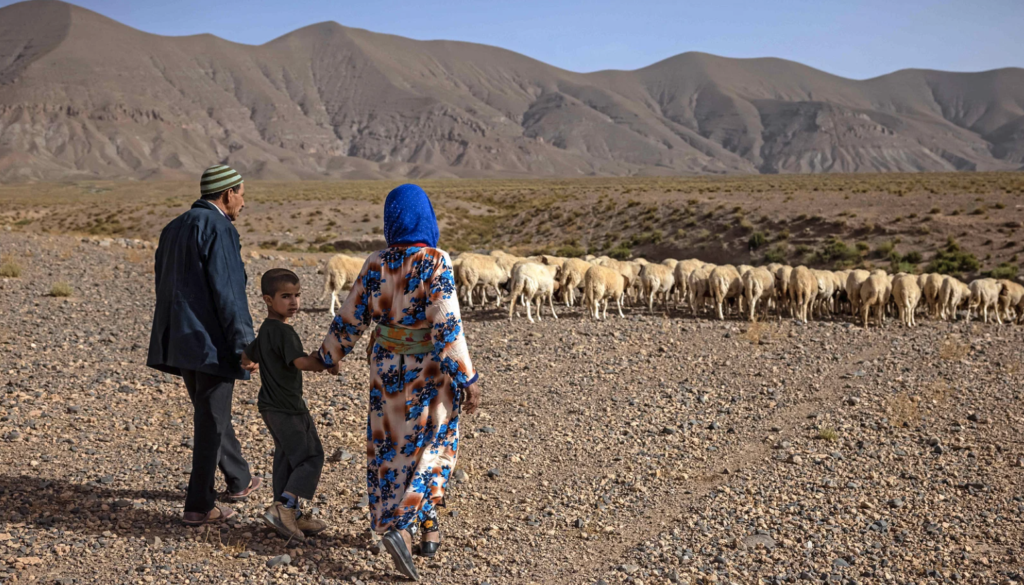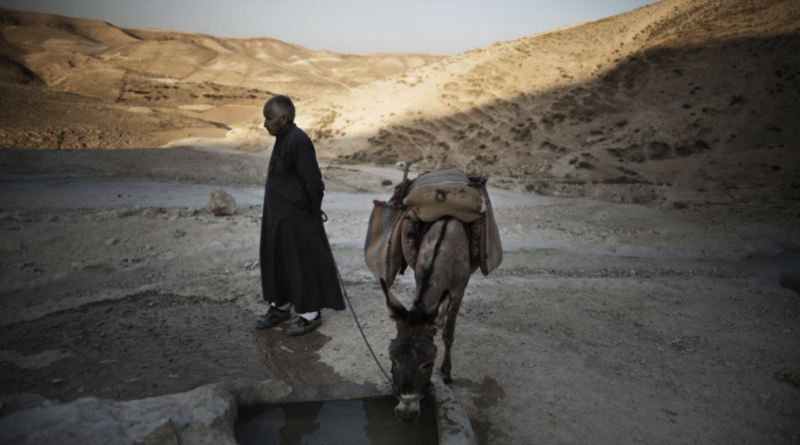World bank highlights Morocco’s water crisis
Water scarcity is becoming an increasingly significant issue in many parts of the world, including Morocco. The country is facing severe water shortages due to unsustainable water use, climate change, and inadequate infrastructure. The key findings outlined in a report by the world bank highlight the severity of the water shortage problem in Morocco and the Middle East and North Africa region.
The report addresses the Middle East and North Africa (MENA) region. Despite massive infrastructure investments due to climate change, population growth, and socioeconomic development, region still faces a severe water shortage the reports indicates. The report suggests that lack of legitimacy and trust are the main challenges facing these states, and calls for institutional reform to establish a new social contract.
One of the most significant challenges facing Morocco is unsustainable water use, particularly groundwater. In some parts of the country, more than half of current water withdrawals exceed what is naturally available. This unsustainable use of water resources is causing long-term damage to the country’s water supply and affecting the quality of life of its citizens.

Another significant issue facing Morocco is the lack of wastewater recycling. According to the key findings, 82% of wastewater in the region is not recycled, which presents a massive opportunity to meet water demands. Recycling wastewater could significantly reduce the demand for fresh water and help alleviate the water shortage in the country.
The water shortage problem in Morocco is also expected to have significant economic consequences. The region has the greatest expected economic losses from climate-related water scarcity, estimated at 6–14 percent of GDP by 2050. This could have serious implications for the country’s development and growth.
Despite the severity of the water shortage problem in Morocco, the region has the world’s lowest water tariffs and the highest proportion of GDP spent on public water subsidies. This highlights the need for innovative solutions to reduce water use and improve water management.
Positive innovations are already taking place in the region, including Morocco’s nationwide efforts on groundwater management. However, the real challenge is to generalize and accelerate these positive innovations throughout the region. This requires a “new water consciousness” amongst citizens, recognizing that moving beyond scarcity is everyone’s responsibility, whether they are farmers, businesses, public agencies, or individuals.
The full report can be read here.



